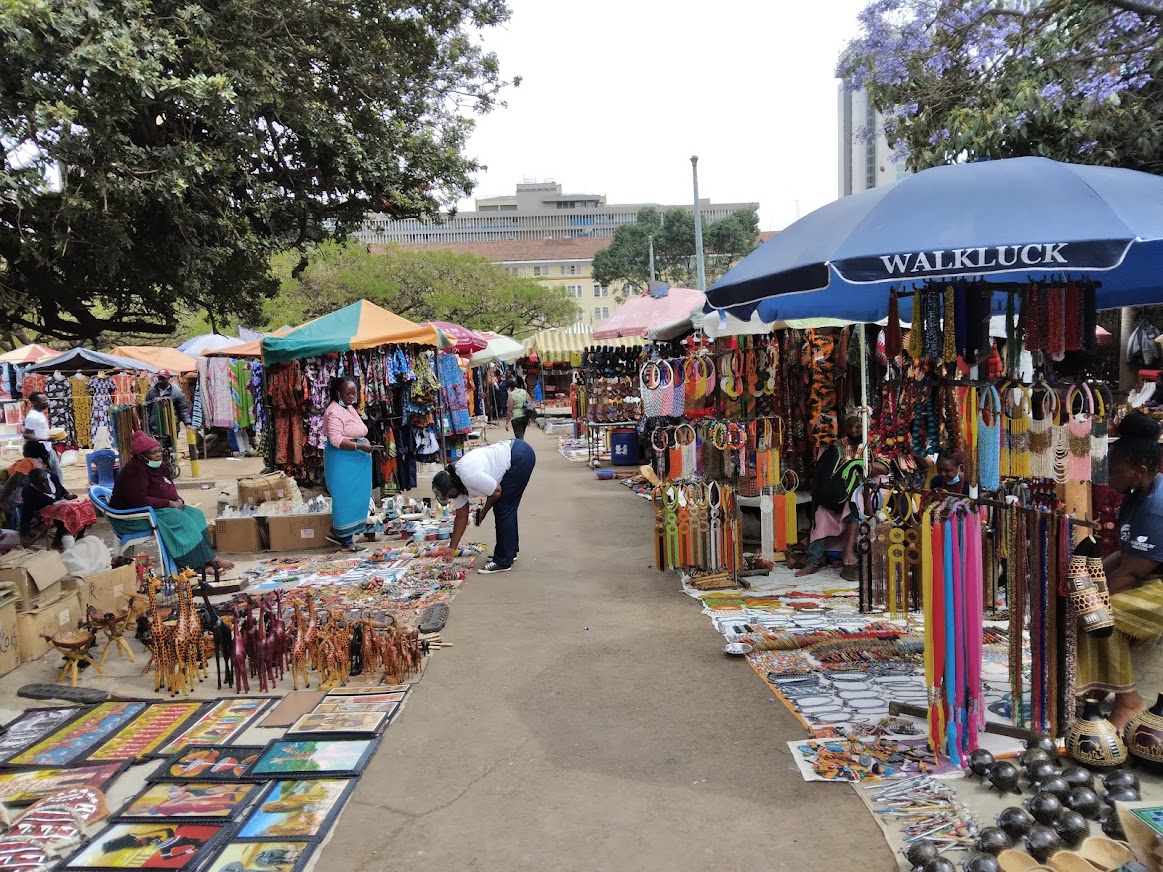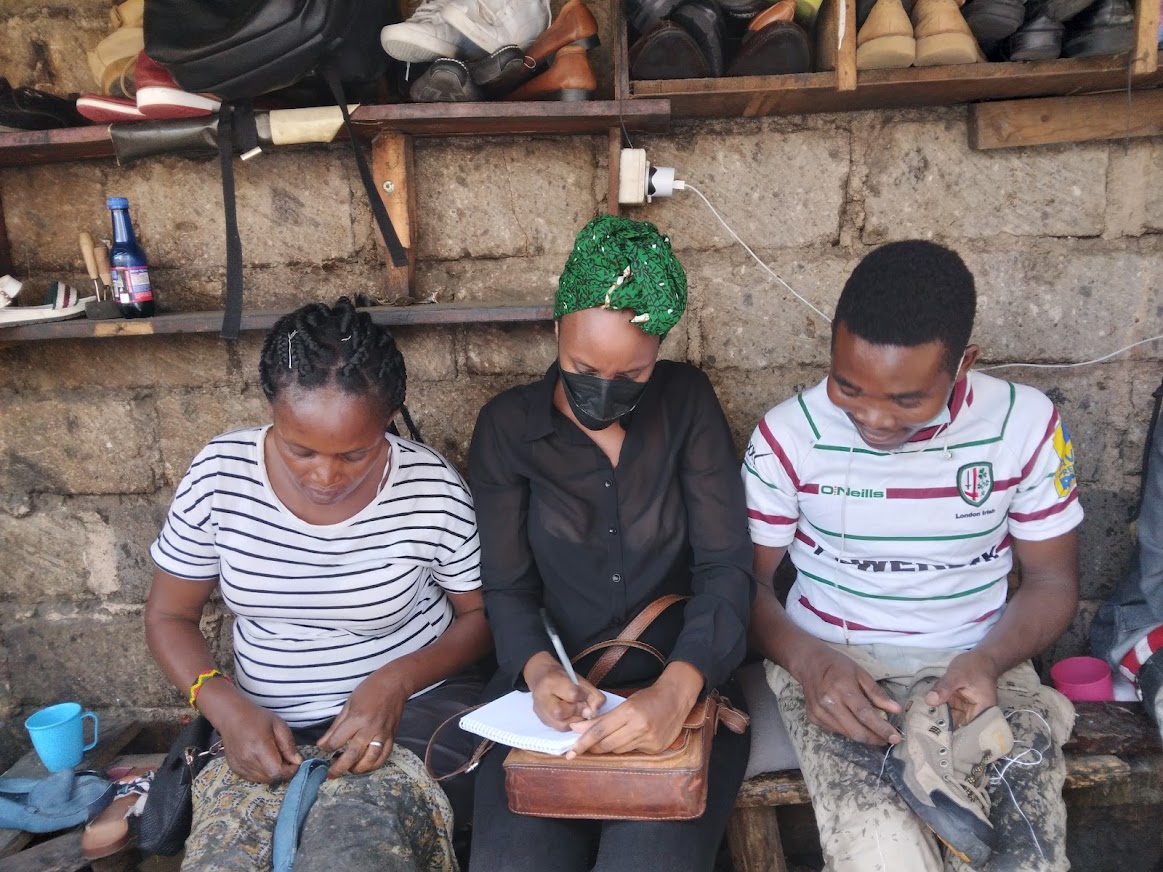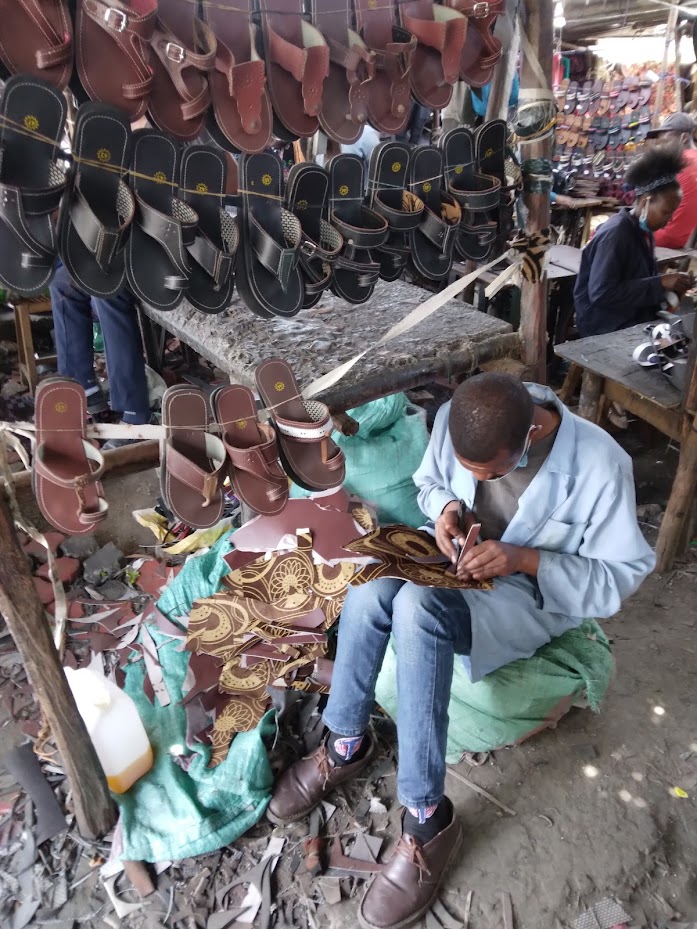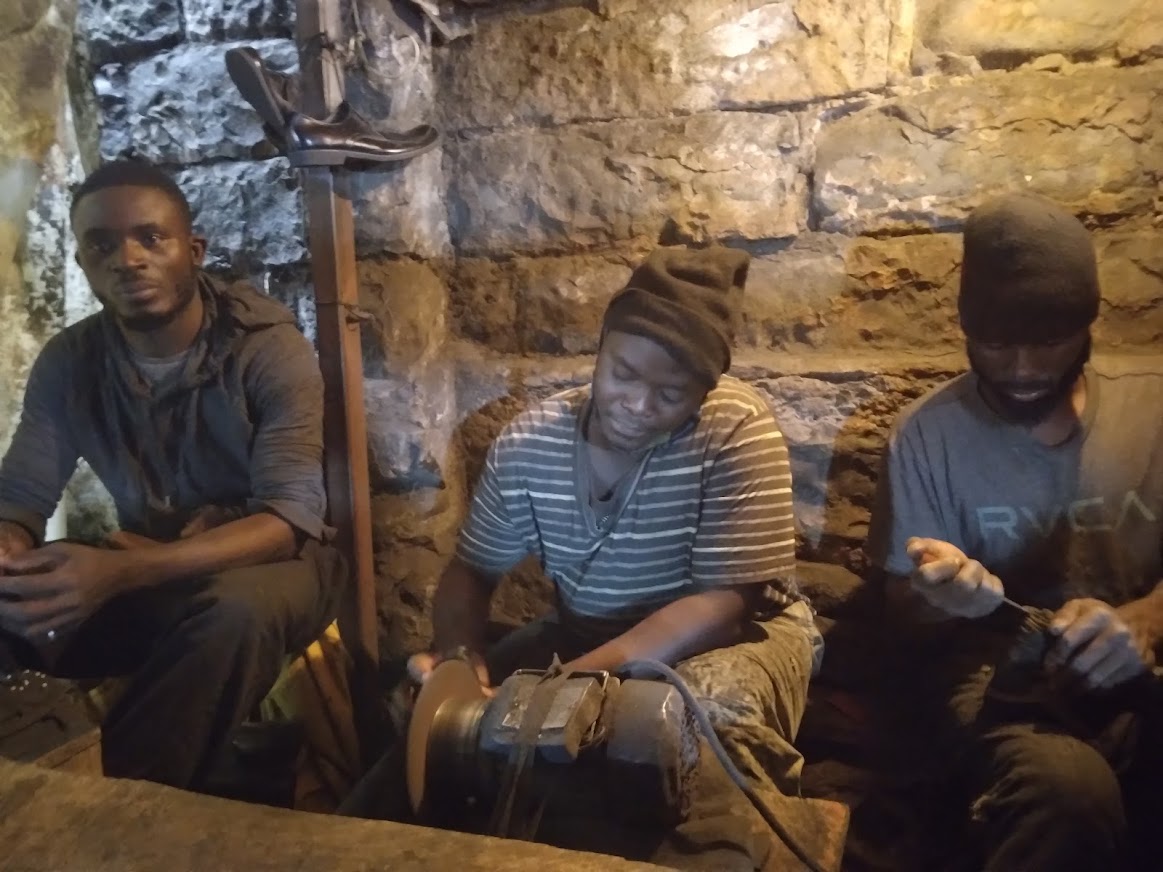World Refugee Day 2023
World Refugee Day is commemorated annually on the 20th of June. JET Education Services reflects on some of our work.

This World Refugee Week, let’s not forget the importance of skills development and recognition for migrants and refugees. Read more about JET’s scoping study for the ILO and IGAD on The Potential of Skills Development and Recognition for Regulated Labour Mobility in the IGAD Region.
On this international refugee day, we consider the challenges faced by migrant workers and refugees who find themselves displaced from their home countries in their quest to enter the labour market in their new homes. The recognition of qualifications across borders becomes an important issue. JET has been involved in several research initiatives that aim to contribute to boosting labour mobility and the free movement of people to enable access to decent work opportunities, here are some examples of our recent work:
- 2020
Between 2019 - 2021, JET contributed to the development of the African Qualifications Framework (ACQF), an initiative of the African Unions’ Skills Initiative for Africa (SIFA), in partnership with the European Training Foundation. The ACQF is an important mechanism for facilitating the recognition of diplomas and certificates, and thus supporting the mobility of learners, workers, and services across the African continent. Read the ACQF report here
- 2021
JET researcher Kelly Shiohira’s visit to the Kakuma refugee camp to explore ways in which artificial intelligence (AI) could provide opportunities to address the needs of vocational and lifelong learners in the camp, including in the area of teacher education. Read the report here
- 2022
Modern society attributes great value to the formal recognition of learning through qualifications as the agreed and trusted proxy for the knowledge, skills and competencies of individuals. But migrants and refugees are unlikely to have documentary evidence of formally acquired skills and non-formal learning. JET researchers James Keevy, Andrew Paterson and Kedibone Boka with Hoosen Rasool produced a report on ‘The potential of skills development and recognition for regulated labour mobility in the IGAD Region A scoping study covering Djibouti, Ethiopia, Kenya, Somalia, South Sudan, Sudan, and Uganda’ for the ILO. The ILO commissioned JET to undertake a study on ‘Barriers to effective labour mobility in the African leather industry: Skills recognition and labour market barriers in Eastern, Northern and Western Africa’. The report was authored by Andrew Paterson, Hoosen Rasool, Zaahedah Vally, Zahraa McDonald, Patrick Molokwane & James Keevy. Read the ILO summary here
- 2023
The ILO Country Office for Ethiopia, Djibouti, Somalia, Sudan and South Sudan, and for the Special Representative to the AU and the ECA, through its “Better Regional Migration Management” project financed by the United Kingdom’s Foreign, Commonwealth and Development Office (FCDO) carried out a feasibility study on skills recognition mechanisms for selected occupational profiles, namely, domestic work and welding. The analysis of the study focused on different economic contexts and labour migration governance mechanisms, namely the intra-regional migration corridor: Ethiopia-South Africa, and the free mobility within a regional economic community (IGAD), with emphasis on the Ethiopia-Kenya migration corridor. Read the skills recognition mechanisms for selected occupational profiles of migrant workers in Ethiopia, Kenya and South Africa here
- Current
JET is currently undertaking a skills profiling exercise for the United Nations High Commissioner for Refugees (UNCHR) in order to extend understanding of how similar and different skills profiling and skills recognition mechanisms function in different labour market and migration environments. The study focuses specifically on refugee and asylum seeker circumstances and needs.
Watch the video of our JETsetters fieldwork experience below:




